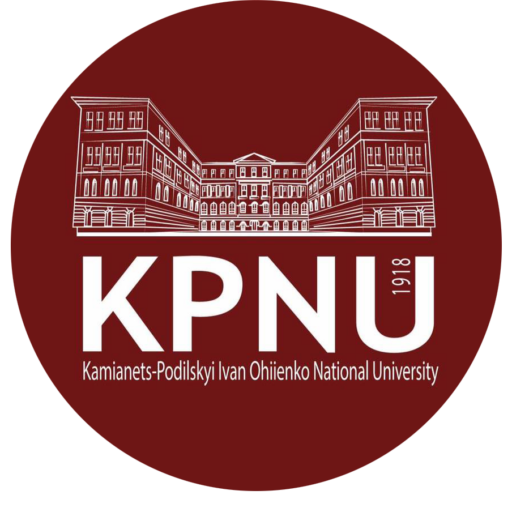Kateryna Motiash
(Nizhyn lyceum)
Nataliia Talavira
(Nizhyn Mykola Gogol State University)
VERBALIZATION OF ZELENSKY’S IMAGE IN ENGLISH ONLINE NEWS AT THE BEGINNING OF HIS POLITICAL CAREER
Recently image has become a popular object of research as linguists focus on the way politicians, celebrities, in fact, any public person can be represented in various media. The naïve understanding of image is that it denotes a popular conception (as of a person, institution, or nation) projected especially through mass media [2]. Scientific investigations concentrate on an intentionally created visual impression of a person, implemented in the context of the limited information, time and even the negligence of the interlocutor [1, p. 116]. Modern Internet discourse is a good material to analyze linguistic means of creating an image of a famous person.
It should be noted that every discourse including internet exists in the texts which are characterized with a special kind of grammar, vocabulary and syntax. There are 2 types of discourse: spoken and written. Internet discourse is a written communication with readers in the interactive form, which contains all kinds of discourse but doesn’t belong to any of them [3]. It is characterized as a global intercultural phenomenon, it have no time, gender or race limits. It can have some influence on people mind (opinion). It often happens in real time and presents information to a global audience.
One of the most widespread internet genres is online news texts that inform mass audience about the latest events in the world, give facts and name consequences of certain situations. Internet news texts also impose their idea, vision of the situation and its evaluation. That is why news discourse is often used to create a positive image of a politician.
Volodymyr Zelensky has become an international media person due to the current situation in the country leading a fierce fight against the enemy. His photos are on the front pages of numerous media outlets, his interviews are in various newspapers and magazines. Furthermore, there is a wide range of articles about the war in Ukraine where the president is often mentioned. Still, we can also find news texts written at the beginning of his political career and analyze the image of the president at that period.
As is known, Zelensky used to be an entertainer, that why first articles dedicated to him focus on this aspect of his biography. From the linguistic viewpoint, his image is created with the help of nominative units representing his previous experience, e.g. a comic president (www.bbc.com, 22.04.2019). In this word combination the adjective ‘comic’ indicates that the candidate for president is connected with entertainment and makes people laugh [3]. Besides, the news text concentrates on the personal characteristics of Zelensky, e.g. he’s a likeable, fun guy (www.bbc.com, 22.04.2019). In the cited sentence, the attributes highlight the fact that he is pleasant and not very serious [4], while the informal noun ‘guy’ indicates familiarity in the attitude to a future politician. The image also is made up of his lack of any political experience, e.g. shunned political speeches; made his ignorance a virtue (www.bbc.com, 22.04.2019). The cited two phrases accentuate the fact that Zelensky is unqualified and ill-informed in the sphere of politics, that is why his image is rather negative, because he is presented as unprepared for the chosen position and it seems doubtful if he will achieve any success as the president.
Zelensky’s absence of the necessary knowledge is represented in the following example: His only political experience has been playing the role of president (www.bbc.com 22.05.2019). In this sentence his image is negative due to the word combination ‘playing the role of president’ and the adverb ‘only’ which shows that Zelensky has nothing else to succeed.
A lot of people suspected that Zelensky was Kolomoisly’s puppet, so they believed that he would be just a “beautiful cover” and the real strength would be under Kolomoisky’s control. ‘Zelensky had enjoyed the support of oligarch Ihor Kolomoisky, leading many to fear he would turn out to be a puppet leader.’ The noun ‘puppet’ shows distrustful attitude to the president and his aims.
To conclude, verbalization of the image of Volodymyr Zelensky at the beginning of his career is carried out by the linguistic units that show his lack of experience, knowledge and skills necessary for the future job, describe him as an ordinary pleasant person casting doubt on his ability to be the leader of the country.
REFERENCES
- Почепцов Г.Г. Имиджелогия. М.: SMART BOOK, 2009. 574 c.
- Britannica. URL: https://www.britannica.com/ (accessed 21.02.20223).
- Internet Discourse: The application of discourse analysis to instant messaging communication. URL: https.//repository.library.northeastern.edu/downloads/neu:m046sb724?datastream_id=content
- Macmillan Dictionary. URL: https://www.macmillandictionary.com/ (accessed 21.02.20223).
